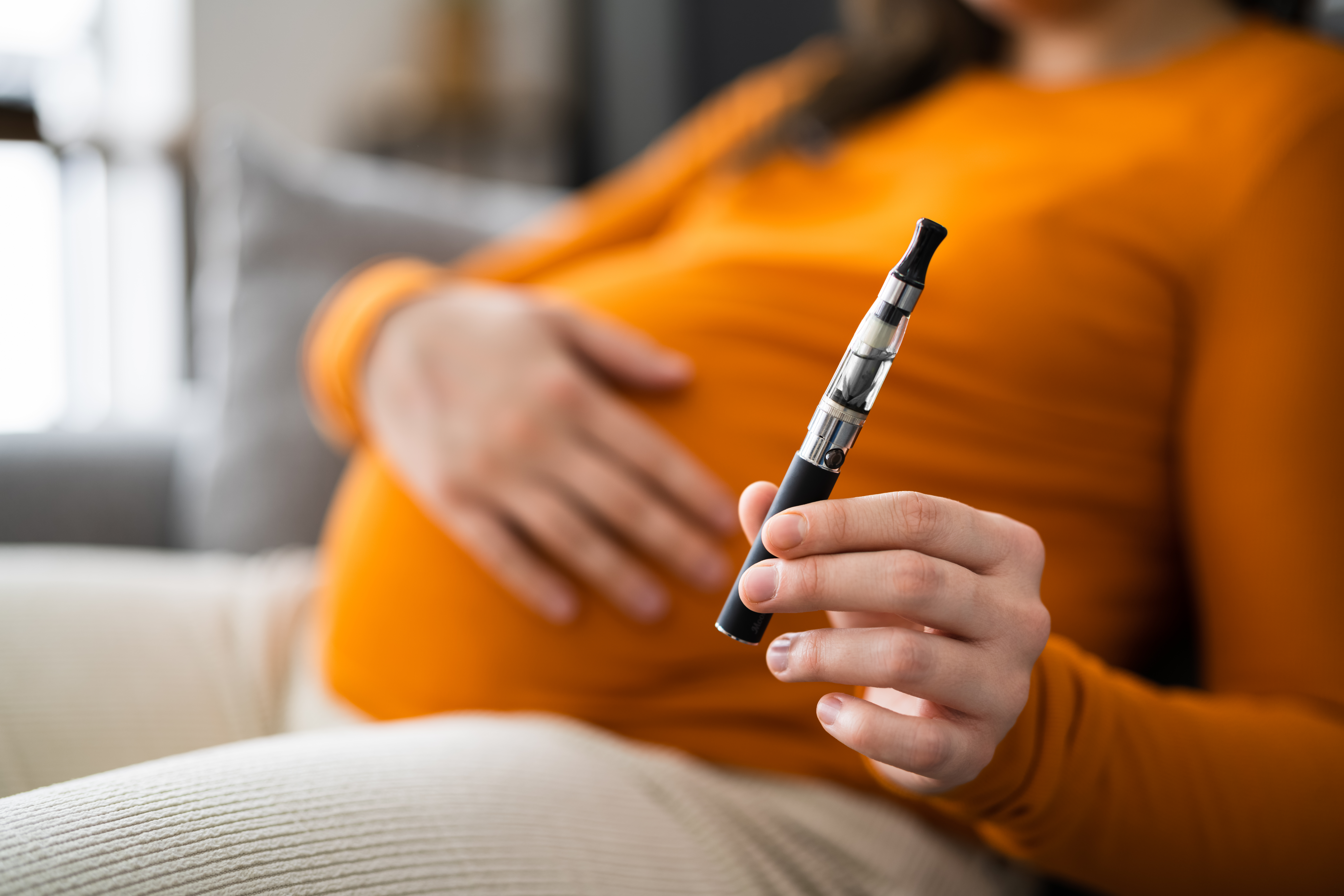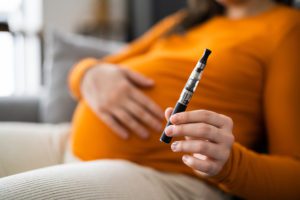The largest atomization technology brand yesterday released its “Race to Zero” roadmap to carbon neutrality. FEELM, a division of China-based vaping hardware manufacturer Smoore International, stated that its plan brings forward FEELM’s ambitions to achieve net-zero carbon emissions by 2050 in its direct production activities and indirect purchased energy. The company has also made a commitment to use renewable energies in at least 30 percent of its total energy consumption by 2030.
“As one of China’s first atomization tech brands to make a carbon neutrality commitment, FEELM pledges to reach net zero in full supply chain and full product lifespan by developing sustainable products, improving energy efficiency with automated production, supporting the supply chain in decarbonization, and increasing renewable energies and eco-friendly materials,” a press release states. “FEELM, being the world ‘s largest closed vape system solution provider, plays a significant role in the global vaping supply chain.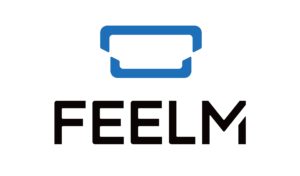
“On the one hand, it provides millions of global consumers with premium product experience by virtue of partnership with vaping brands around the world; on the other hand, FEELM has been leading a sustainable revolution in the supply chain.”
Beginning in 2019, FEELM has pioneered a number of green vaping solutions. The company won the iF Design Award 2020 for its disposable paper e-cigarette, which is made up of spiral composite paper tubing that improves “the degradability rate to approximately 76 percent of the total volume,” compared to the plastic used in traditional vaping products.
FEELM is also set to unveil another eco-friendly non-nicotine disposable e-cigarette at Vaper Expo UK 2022 in late May. The new device was awarded the Red Dot Award for Product Design 2022. Its external structure is composed of recyclable and reusable aluminum foil. It looks similar to a paper foil pouch that also serves as a packaging bag, which the reduces the amount of packaging materials.
“In addition to developing sustainable products, FEELM has also partnered with suppliers to develop and encourage utilizing biodegradable materials while optimizing the water, electricity and gas consumption management,” the release states. “FEELM is also working with global customers to promote the recycling and reusing, so as to explore a feasible path towards carbon neutrality for the product lifespan and the supply chain.”

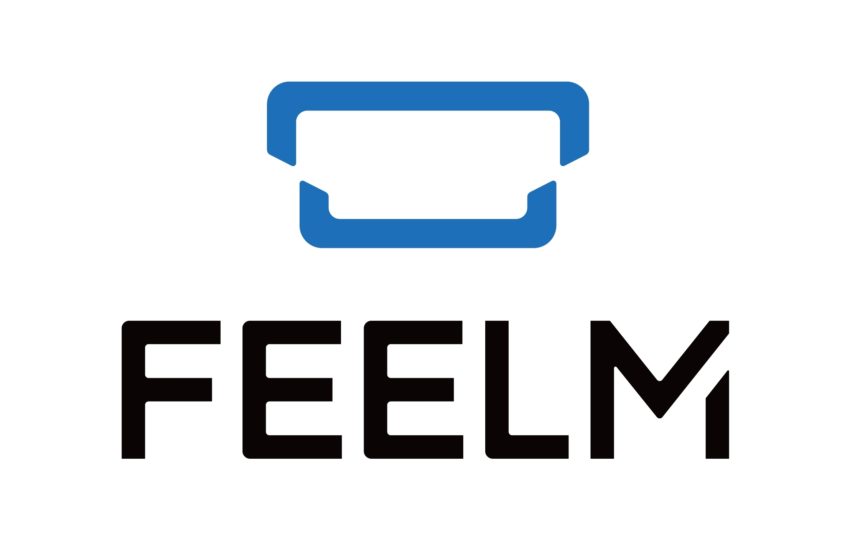
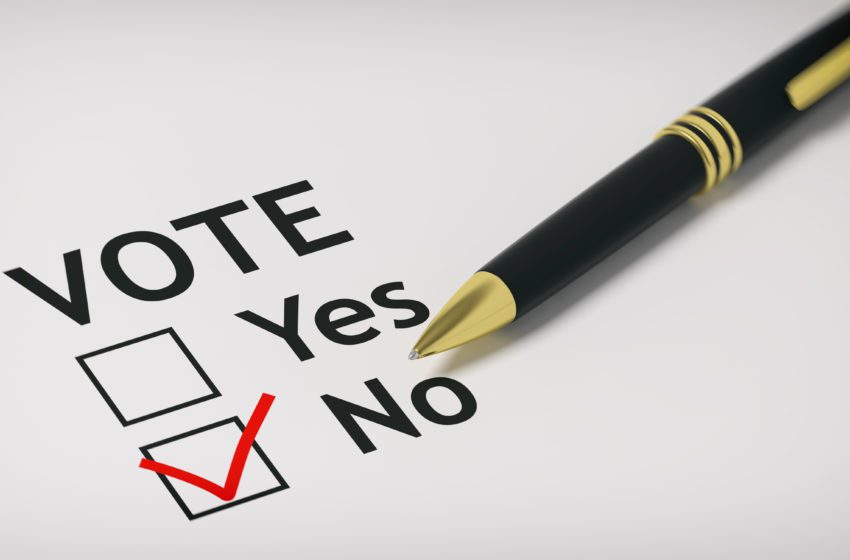




 Imperial Brands is on track to meet its full-year goals. The expectation is bolstered by strong sales of e-cigarettes and heated tobacco in Europe, the company said on Tuesday, boosting its shares to a more than two-year high.
Imperial Brands is on track to meet its full-year goals. The expectation is bolstered by strong sales of e-cigarettes and heated tobacco in Europe, the company said on Tuesday, boosting its shares to a more than two-year high.

